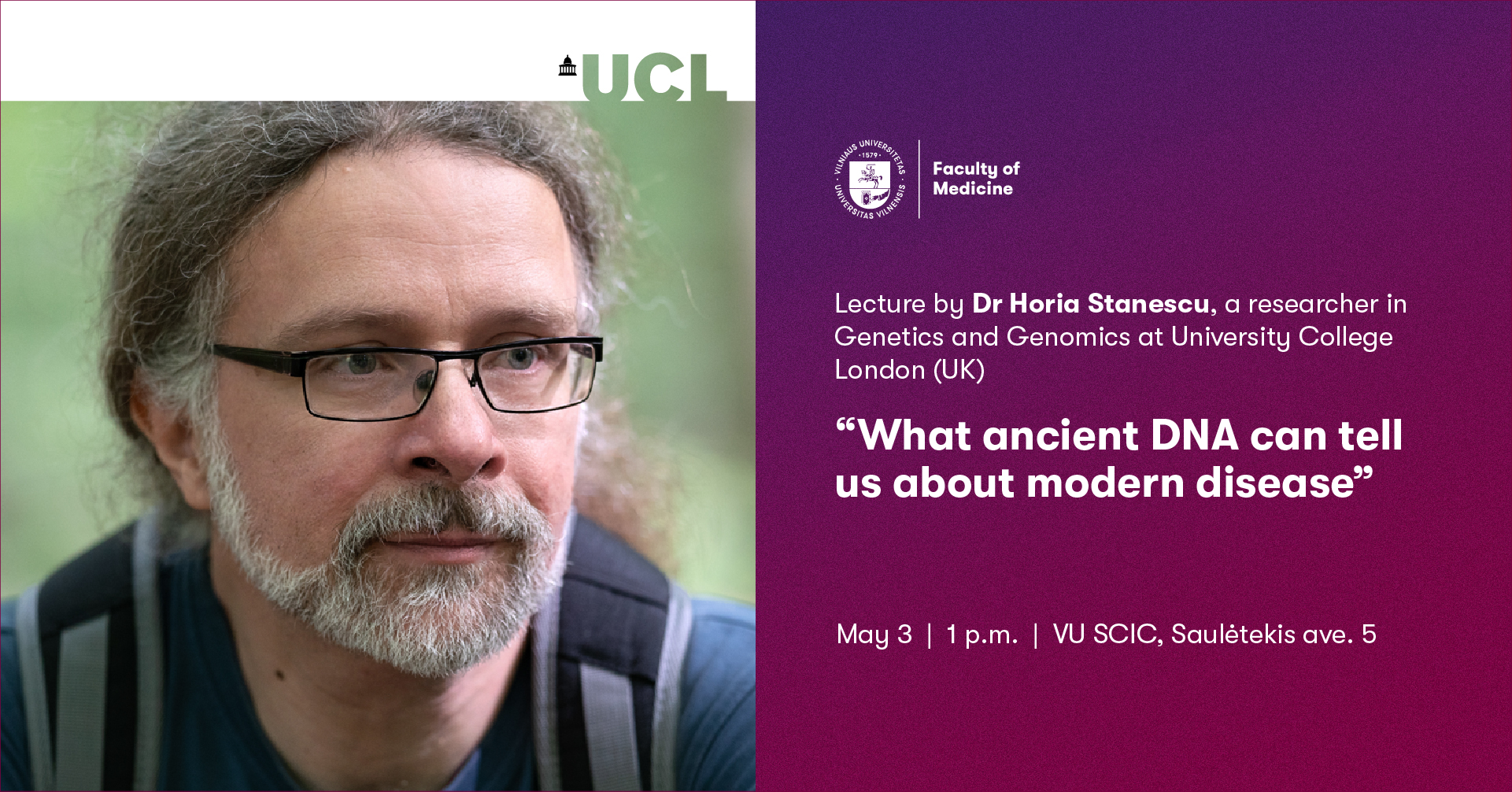Events
03 May 2024

In the realm of modern medicine, the study of ancient DNA has emerged as a revolutionary field, blending the mysteries of human history with the cutting-edge advancements in genetics. The debate among scientists and medical professionals is focused on a pivotal question: does ancient DNA offer practical insights for contemporary health, or is it merely a window into our distant past?
The crux of this debate lies in the DNA we've inherited from our ancient relatives, notably the Neanderthals and Denisovans. These archaic humans, once roaming Earth alongside our ancestors, have left indelible marks on the genetic blueprint of modern humans. Intriguingly, up to 2% of the DNA in non-African populations today originates from Neanderthals. This genetic legacy is not a mere relic but a living part of us that influences our health, disease susceptibility, and even our interaction with the environment.
This intersection of ancient history and modern health sparks a vibrant debate within the medical community. Proponents argue that understanding the influence of ancient DNA on our genetic makeup is crucial for unraveling the origins of many diseases and developing targeted treatments. By mapping the evolutionary journey of disease-related genes, researchers aim to uncover new pathways for medical interventions, turning ancient genetic knowledge into a powerful tool for contemporary medicine.
Dr. Horia Stanescu, a distinguished medical doctor and scientist, believes that history extends beyond mere past events. He passionately contends that ancient DNA does more than pique our curiosity—it serves as a vital link to understanding the depths of our identity. Dr. Stanescu argues that this genetic heritage is not merely a relic for academic fascination but a crucial key to unlocking the mysteries of our biological and cultural evolution.
Interested? We invite you to participate in the lecture: What ancient DNA can tell us about modern disease?
Date and time: 3 May, 2024 at 1 p.m.
Venue: Science Communication and Information Centre (VU SCIC), Saulėtekio al. 5, Vilnius.
The event will be held in English.
All interested participants are welcome to attend the event; to ensure that there will be no shortage of places, please register.